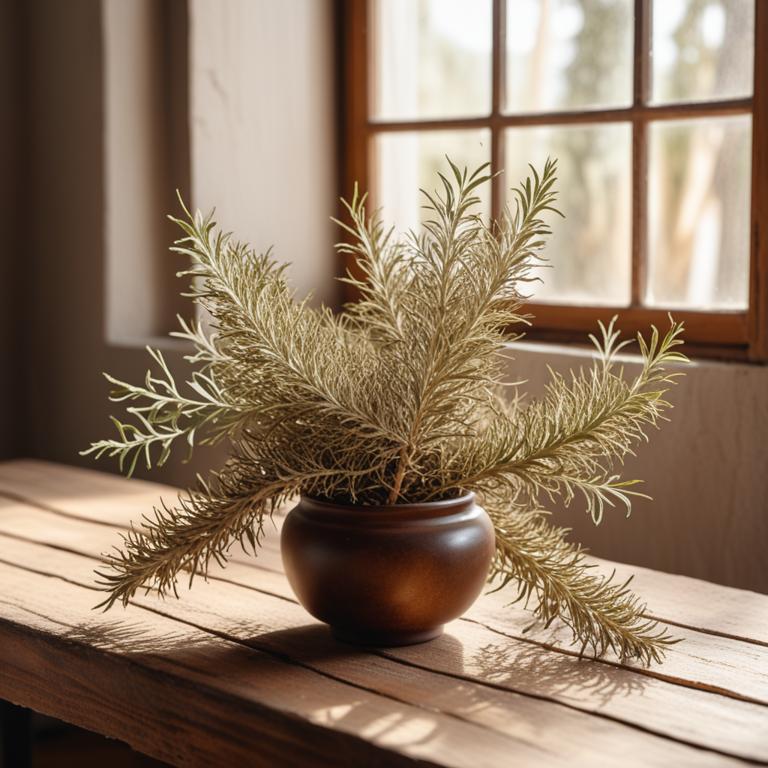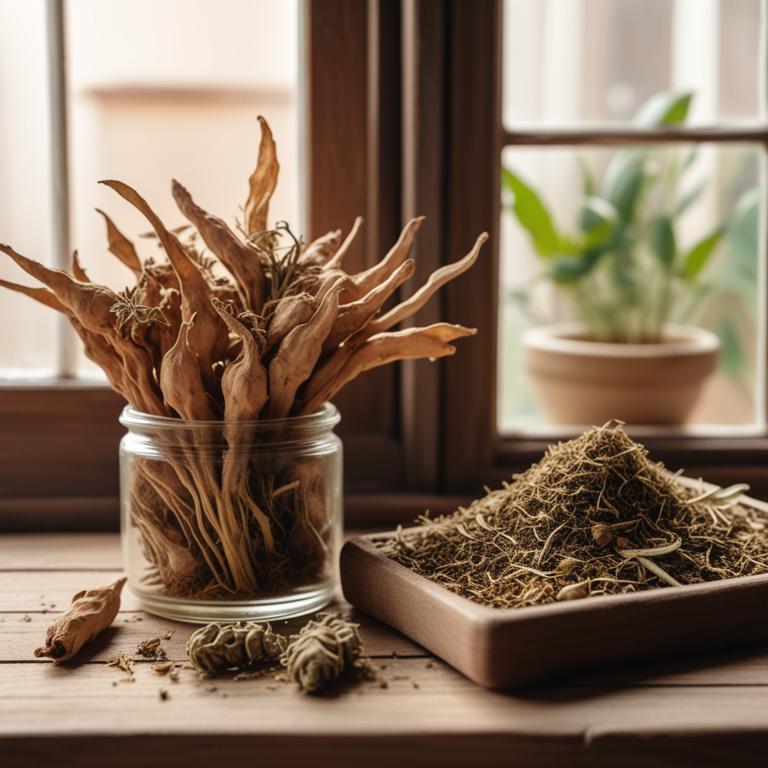Updated: Dec 1, 2024
The Science and Treatment of Fever with Medicinal Herbs
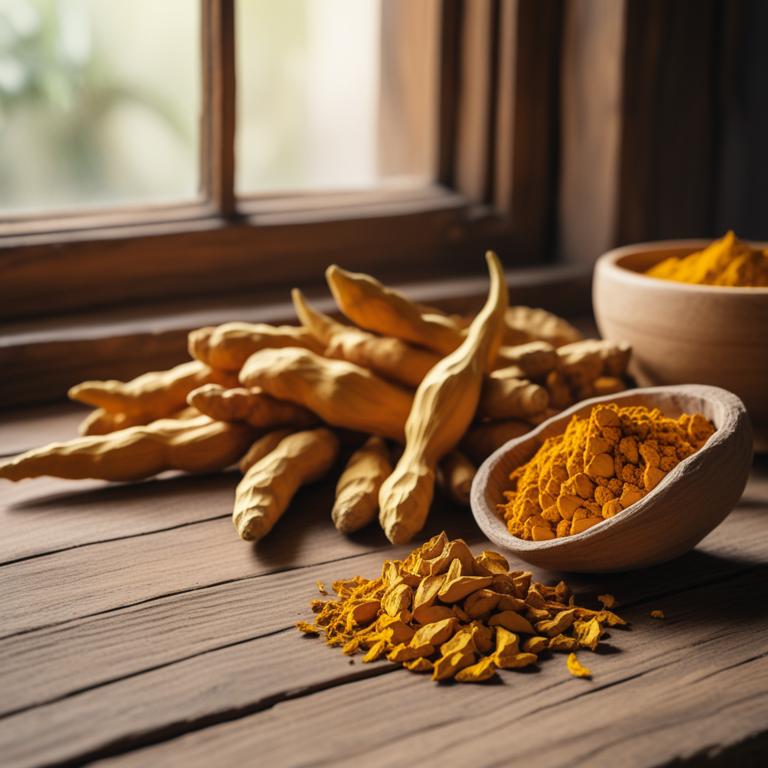
Fever is a common condition where your body temperature rises above normal, usually due to an infection or illness.
It can make you feel tired, sweaty, and uncomfortable, making it hard to carry out daily activities. When you have a fever, your body is fighting off an underlying cause, such as a cold, flu, or bacterial infection. Fever can be caused by a viral or bacterial infection, and it's often triggered by factors like poor hygiene, stress, or an underlying medical condition. Sometimes, fever can be a symptom of a more serious condition, so it's essential to consult a doctor if you have a high fever that lasts for an extended period. Herbal remedies have been used for centuries to help reduce fever and alleviate symptoms.
Some of these herbs include peppermint, which helps to cool the body and ease nausea, and willow bark, which contains salicylic acid, similar to aspirin, and can help to reduce fever and alleviate pain. Ginger is another herb that has anti-inflammatory properties, which can help to soothe a sore throat and reduce a fever. These herbs can be prepared in various ways to help alleviate fever symptoms. Peppermint tea, for example, can be made by steeping dried peppermint leaves in hot water, while willow bark tea can be prepared by steeping dried bark in hot water. Ginger can be made into a tea or added to food to help soothe a sore throat.
Additionally, herbal infusions like elderberry and yarrow can be used to help reduce fever and alleviate symptoms.
Table of Contents
What are the underlying causes of fever?
The main causes of fever are various infections and diseases that affect our bodies.
One common cause is the common cold, which is caused by a virus that attacks the upper respiratory tract. When the virus infects the body, it triggers an immune response, which leads to the release of chemical mediators that cause fever. Another cause of fever is Influenza, also known as the flu. This is a viral infection that affects the respiratory system, causing symptoms such as coughing, sneezing, and a sore throat. The flu virus triggers an immune response that leads to the production of heat-shock proteins, which raise the body temperature and cause fever. Pneumonia is a bacterial infection that affects the lungs, causing inflammation and congestion.
When the bacteria infect the lungs, they trigger an immune response that leads to the release of chemical mediators that cause fever. Pneumonia can be caused by various bacteria, including Streptococcus pneumoniae and Haemophilus influenzae. Tuberculosis, also known as TB, is a bacterial infection that affects the lungs and other parts of the body. When the bacteria infect the body, they trigger an immune response that leads to the release of chemical mediators that cause fever. TB is caused by the bacterium Mycobacterium tuberculosis, which is usually spread through the air when an infected person coughs or sneezes. In all these cases, the body's immune system responds to the infection or disease by producing chemical mediators that cause fever.
Fever is a natural response to infection, and it helps to fight off the invading pathogens by creating an environment that is not suitable for their growth.
What benefits can be gained from using herbs to alleviate fever?
Using herbs to treat fever can be very beneficial.
One of the main advantages is that they are natural, meaning they don't contain harsh chemicals that can harm your body. This makes them a great option for people who want to avoid medication. Herbs can also help reduce the severity of fever symptoms, such as headaches and body aches, making you feel more comfortable.
They can even help ease congestion and coughing, making it easier to breathe. Some herbs have antibacterial properties, which can help fight off infections that may be causing the fever. Additionally, herbs can help promote sweating, which is a natural way for the body to cool down and get rid of the fever.
Many herbs are also easy to grow or find in nature, making them a convenient and accessible option.
What are the primary medical herbs for treating fever?

When we have a fever, our body is fighting off an infection.
Herbs can be a big help in this process. One of the best herbs for fever is Zingiber officinale, also known as ginger. It has anti-inflammatory properties that can help reduce the swelling and pain associated with a fever. It also helps to thin out mucus, making it easier to breathe. Another herb that's great for fever is Echinacea purpurea. It's a natural immune booster that can help our body fight off the infection causing the fever. It's often used to prevent illnesses, but it can also help to reduce the severity and duration of a fever. Cinchona officinalis, or cinchona bark, is another herb that's been used for centuries to treat fever.
It contains quinine, a natural antipyretic that helps to lower the body temperature. This is especially helpful when we have a high fever. Ginkgo biloba is an herb that's often used to improve blood flow, but it can also be helpful in reducing the severity of a fever. It has anti-inflammatory properties that can help to reduce swelling and pain. Finally, Eucalyptus globulus, or eucalyptus, is another herb that's great for fever. Its essential oils can help to thin out mucus, making it easier to breathe. It's also a natural decongestant, which can help to relieve congestion and sinus pressure. When we're feeling under the weather, these herbs can be a big help.
They can help to reduce our body temperature, alleviate symptoms, and even boost our immune system.
What are the most widely used herbal remedies for fever reduction?
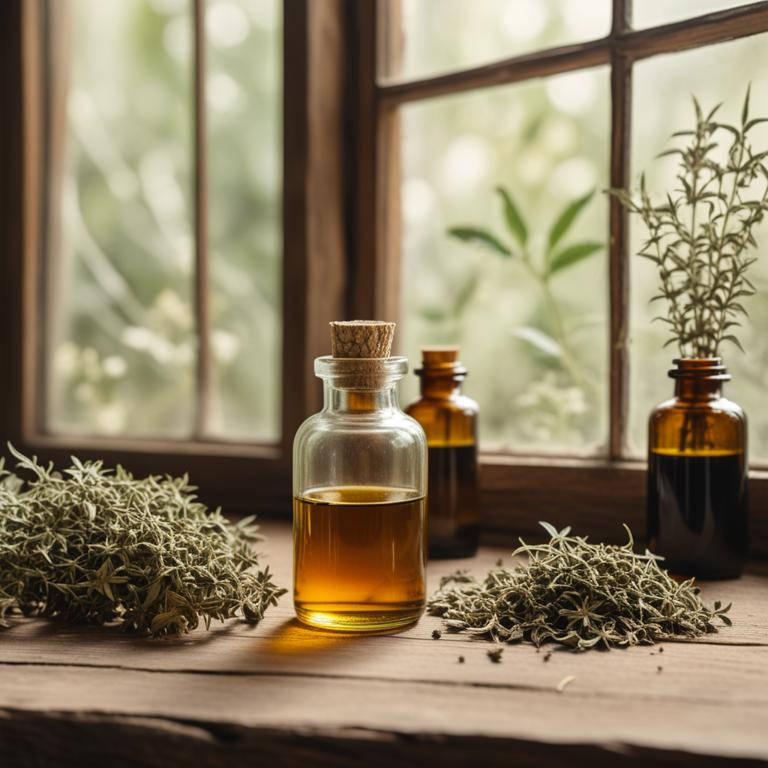
Herbal preparations can be very helpful when you have a fever.
An infusion is a good choice because it's easy to make and drink. You can use herbs like peppermint or chamomile to help soothe and calm your body. The hot water helps to release the medicine from the herbs, making it easy to absorb. A decoction is another way to use herbs, especially for roots or bark. This method uses boiling water to extract the medicine, which is then strained and consumed. Ginger and turmeric decoctions are popular for their anti-inflammatory properties, which can help reduce fever. Tinctures are liquid extracts of herbs, often taken in small amounts.
They're usually made with a solvent like vodka or glycerin, which helps to preserve the medicine. Tinctures can be added to water or taken directly, and are often used for herbs like willow bark or echinacea, which have anti-inflammatory and immune-boosting properties. A salve is a topical preparation, made with herbs and oils. It's applied directly to the skin, often to relieve fever-related aches and pains. Salves can be made with herbs like calendula or arnica, which help to reduce inflammation and promote healing. Capsules are a convenient way to take herbal medicine, especially for people who don't like the taste of herbs. They're filled with dried herbs or tinctures, which are then swallowed with water.
Capsules are a good choice for herbs like goldenseal or yarrow, which have antimicrobial properties that can help fight off infections that cause fever.
Additional Resources:
Which herbs are not recommended if you're experiencing a fever?
If you have a fever, there are some herbs you should definitely avoid using.
Aconitum napellus, also known as monk's hood, is highly toxic and can worsen your fever and even cause more severe symptoms like headaches and nausea. Taxus baccata, or yew, is another toxic herb that can interact with medications and make your fever worse.
Digitalis purpurea, or foxglove, contains a powerful heart medicine that can be toxic in large doses and may cause irregular heartbeats, especially if you're already experiencing a fever. Valeriana officinalis, or valerian root, is often used as a sedative, but when combined with a fever, it can slow down your heart rate and breathing, making your fever even more dangerous.
Glycyrrhiza glabra, or licorice root, can lower blood pressure, but if you already have a fever, it can make your blood pressure drop too low, causing dizziness and fainting.
FAQ
Are there any specific herbs that can prevent fever?
Ginger and peppermint are herbs that have been used to help reduce fever.
Ginger contains a compound called gingerol, which has anti-inflammatory properties. Peppermint, on the other hand, has a cooling effect that can help lower body temperature.
Drinking ginger tea or inhaling peppermint steam may help alleviate fever symptoms.
Is it safe to use herbal remedies for fever during pregnancy?
It's generally recommended to use caution when using herbal remedies during pregnancy.
Some herbs, like feverfew and ginger, may help with fever reduction, but others can be risky. For example, pennyroyal and blue cohosh have been linked to birth defects and other complications.
Always check the ingredients and potential effects before using any herbal remedy.
Are there any herbs that can reduce the frequency of fever?
Some herbs, like elderflower and yarrow, have been used traditionally to help reduce the frequency of fever.
They contain compounds that may help ease inflammation and support the body's natural healing process.
Research suggests these herbs may be useful in soothing feverish symptoms, although more studies are needed to confirm their effectiveness.
Can i combine different herbal remedies for fever?
You can combine different herbal remedies for fever, but be cautious.
Some herbs can interact with each other or worsen symptoms. For example, mixing fever-reducing herbs like willow bark and meadowsweet may not be safe.
It's best to start with small amounts and observe how your body reacts before increasing the dosage.
Related Articles

The Science and Treatment of Fever with Medicinal Herbs
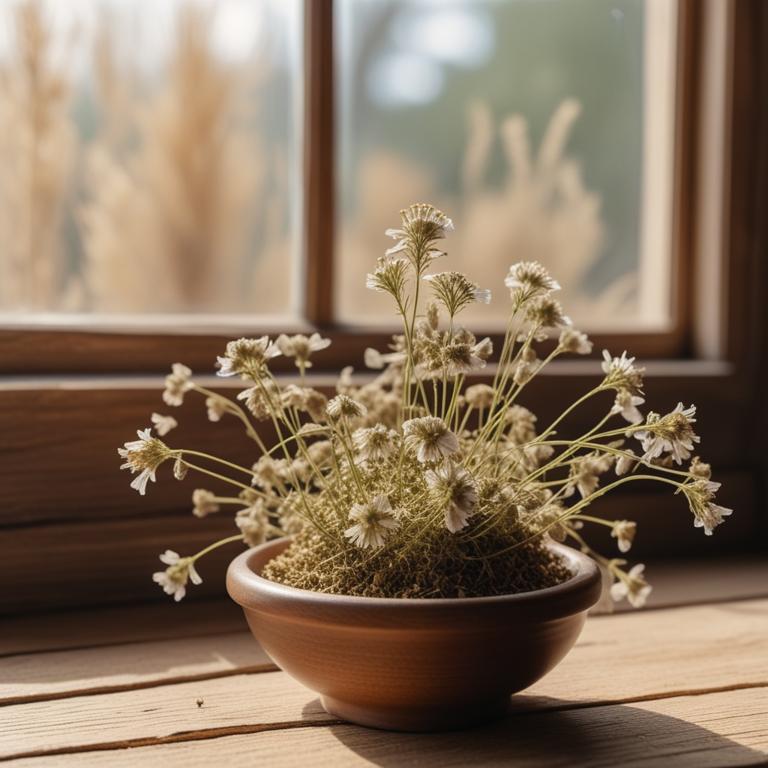
Pink Eye Causes and Natural Treatments with Medicinal Herbs
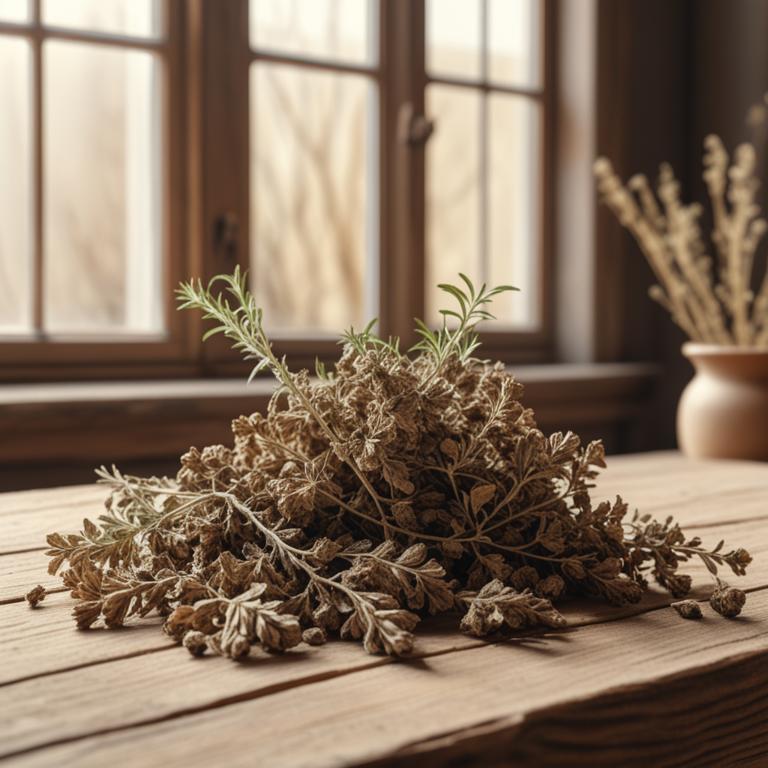
Strep Throat: Causes, Herbal Remedies for Sore Throat, and Medicinal Herbs
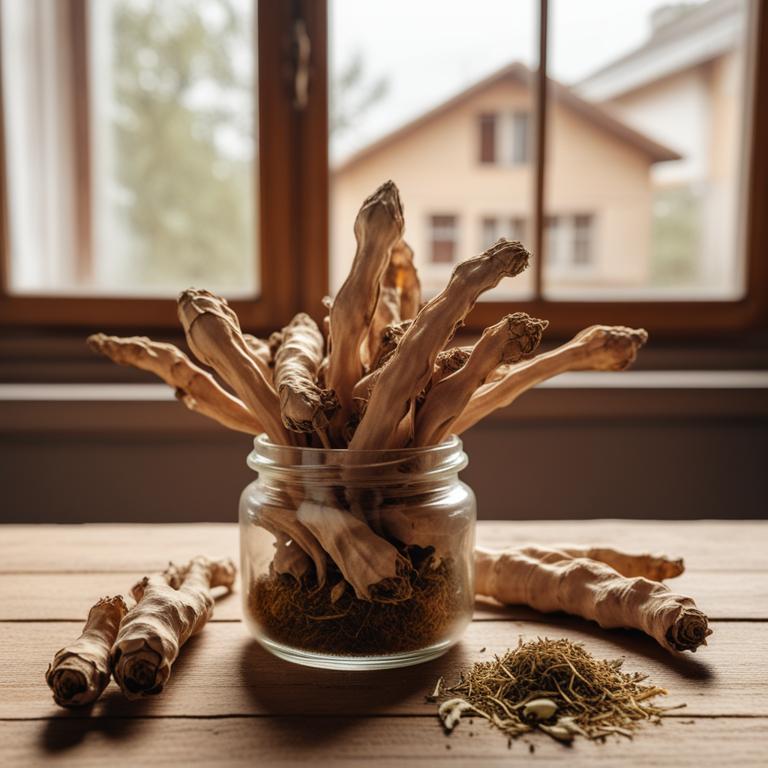
Inflammation: Understanding the Causes and the Therapeutic Use of Medicinal Herbs and Herbal Preparations
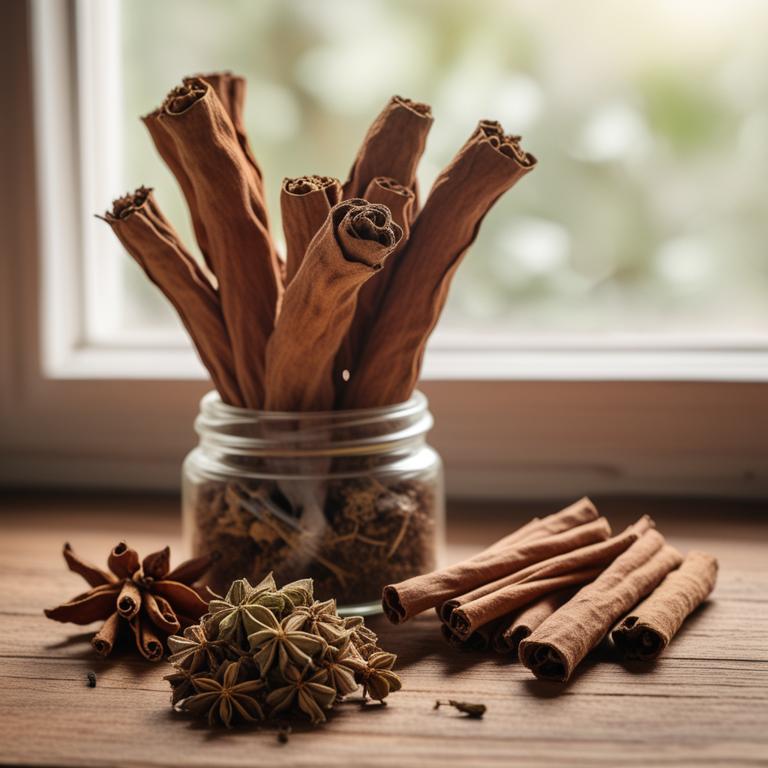
Enlarged Spleen and Herbal Medicine: Understanding the Connections




